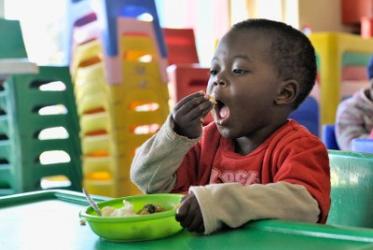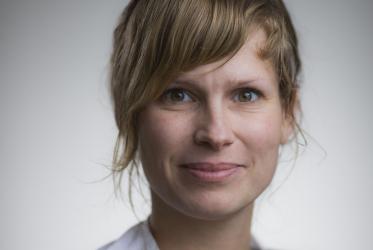Displaying 161 - 180 of 378
07 July 2017
Applications open for WCC Eco-School
10 May 2017
UN discussion focuses on women, HIV and property rights
21 March 2017
“What can we contribute as a worldwide fellowship?”
06 March 2017
New ACT general secretary envisions more prophetic diakonia
22 February 2017













